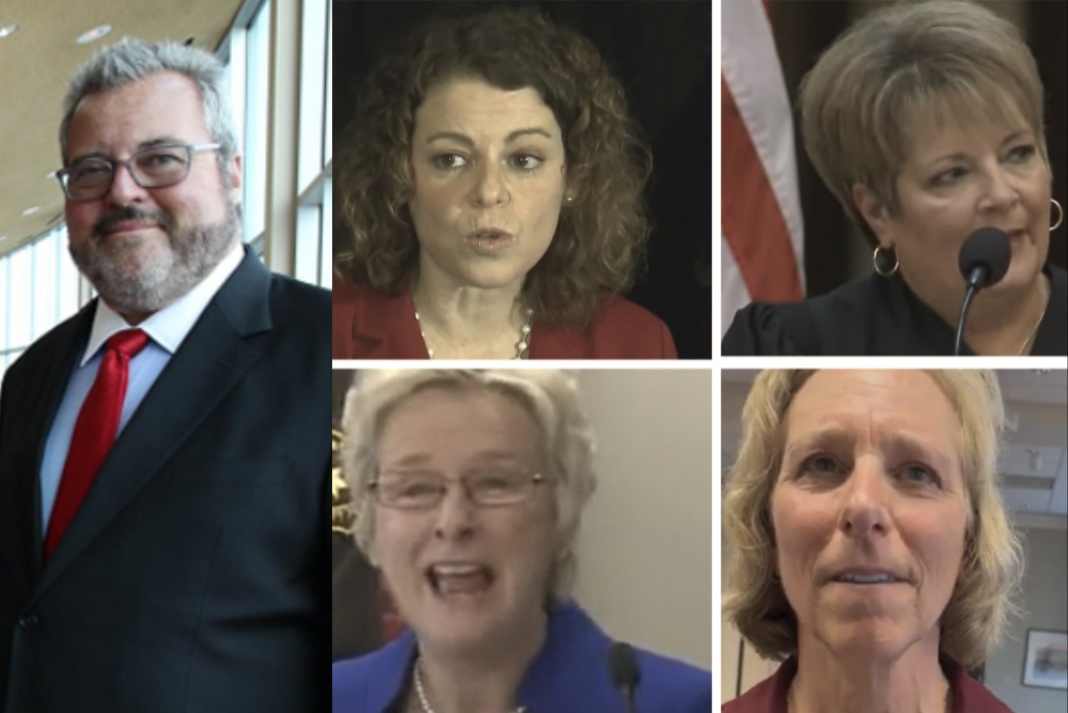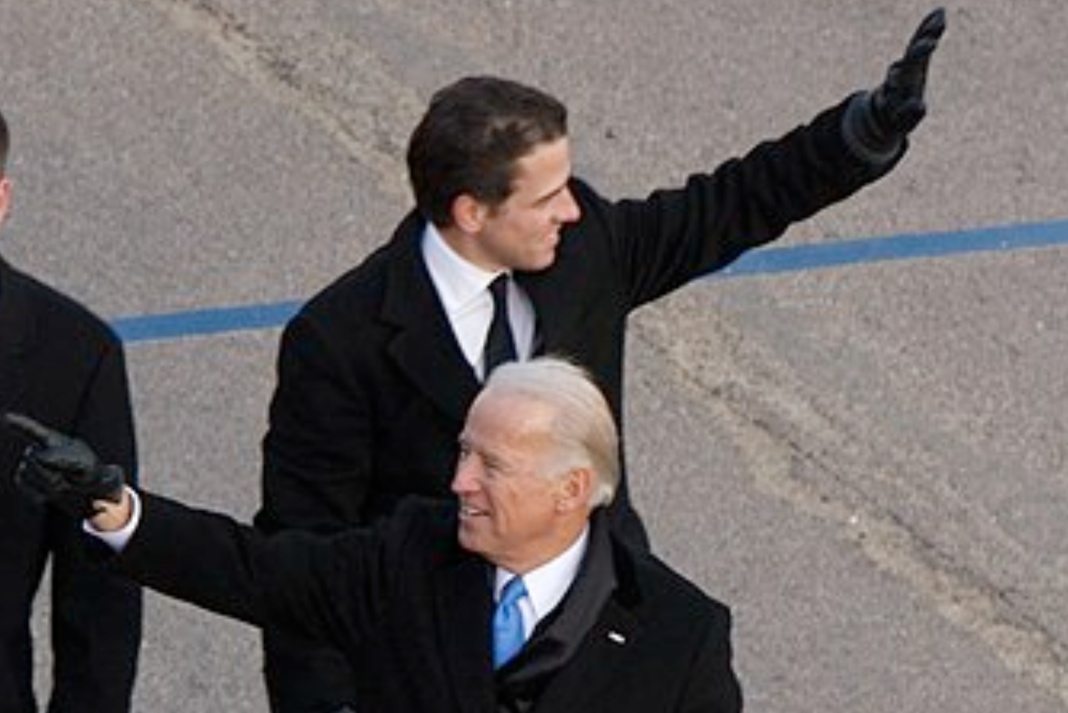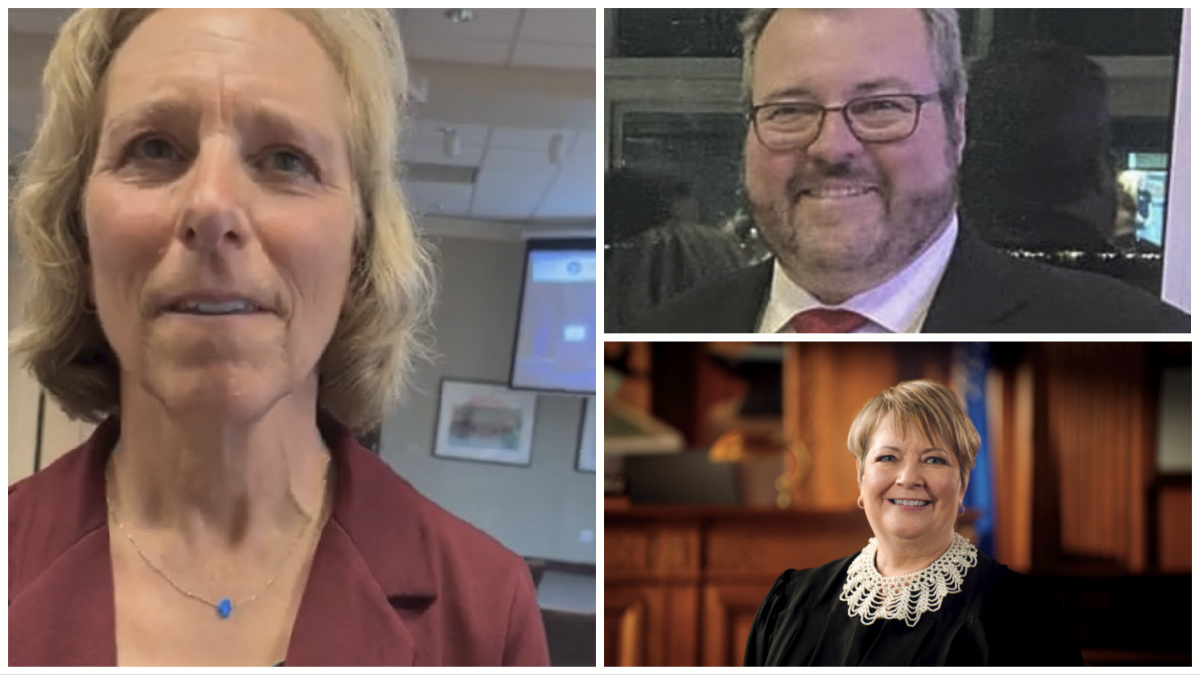School choice, workers’ rights and fiscal responsibility at stake in court race.
Hot-button issues like crime and abortion have dominated the debate in Wisconsin’s State Supreme Court race, but voters should be aware that successful policy reforms adopted over the last 30 years are also at stake in this election. Laws that have given Wisconsin children a better shot at success, increased worker freedom and saved taxpayers billions of dollars could all be reversed if Milwaukee County Circuit Court Judge Janet Protasiewicz is elected to the high court.
Wisconsin was a pioneer in school choice and, as a result, tens of thousands of students over the years have been given an opportunity to gain greater subject proficiency, score better on college entrance exams and avoid more criminal convictions than their counterparts in traditional public schools. Currently, more than 50,000 students benefit from the choice program that helps low-income families access private schools.
According to the Wisconsin Department of Public Education, another 74,000 Wisconsin children participate in public, virtual and independent charter schools, giving parents another option for finding the educational environment that best suits their child’s learning style.
When the State Supreme Court in 1998 upheld the constitutionality of the choice program, it did so by a slim majority. If activist jurists gain control of the high court on April 4, legal challenges to these successful programs will likely follow. Education options for tens of thousands of Wisconsin families would be in peril.
Wisconsin’s right-to-work law, on the books since 2015, has also been a boon to the state, extending protections to workers who choose not to join a union. Prior to its adoption, workers in certain occupations — from factory workers to public school teachers — could be forced to join a union and pay dues in order to accept or retain a job.
More than half the states (27) in the nation have adopted right-to-work laws to prevent this type of coercion. Unions, like other organizations, now have to convince workers that the benefits of membership are worth the dues required to join. Workers are free to do so, but since being given a choice, thousands have dropped their membership.
“Not one worker has been denied the right to join a union,” Mark Mix, president of the National Right to Work Committee, told me. Right-to-work laws protect, not limit, workers’ rights.
He adds that the law has been heavily litigated, with courts repeatedly upholding its constitutionality. He’s concerned, however, that Judge Protasiewicz would be inclined to legislate from the bench instead of acting as a neutral referee interpreting the law.
Wisconsinites should recognize that “voting for a Supreme Court justice is not the same as voting for a legislator,” he said.
Unions make it no secret that they want right to work reversed. But unlike in Michigan, where the Democrat-led legislature is in the process of repealing that state’s right-to-work law, Wisconsin’s Republican-led legislature is unwilling to comply.
Voters aren’t likely to support repeal either. Last November, Tennessee voters passed a constitutional amendment to enshrine right to work in the state constitution by a margin of 2-1. The amendment garnered support from a sizable number of Republicans, Democrats — and union members.
So the best way for union leaders to reclaim their forced dues and restore their political influence in Wisconsin would be through the courts.
Another target of Big Labor would be Act 10, the 2011 reform that placed limits on what government-sector unions could negotiate in the collective bargaining process. The law also required public workers to contribute toward their health insurance and pensions — in keeping with the experience of most Wisconsin workers.
The resulting savings — to school districts, to local governments and ultimately to taxpayers — have been astronomical. Using information from public data resources, the MacIver Institute estimates that Act 10 has so far produced a savings of more than $15 billion.
Protasiewicz “has questioned the constitutionality of Act 10,” John Nichols, associate editor of the Capital Times, wrote recently. “If Protasiewicz is elected, that would tip control of the court to a majority that respects labor rights.”
Unfortunately, that “respect” would be motivated by a personal agenda at odds with a law passed by the legislature, signed by the governor and upheld by the courts.
If right to work or Act 10 are overturned by an activist court, union monopoly power will once again expand at the expense of Wisconsin taxpayers, Mix warned.
It wasn’t long ago that Wisconsin parents had limited options when their local public school failed to provide a stable learning environment for their children. Workers in numerous vocations were forced to pay dues to a union or be out of a job. Taxpayers were often on the hook for gold-plated government worker benefits that they themselves did not enjoy.
Lawmaking belongs to the legislature and the governor, reflecting the will of the people. Judges and justices are to be neutral arbiters even if a law isn’t to their personal liking. On April 4, voters should keep in mind that education and workplace freedom, as well as the long-term financial well-being of Wisconsin, is at stake.
Michael Jahr is a communications consultant from Oconomowoc.






















